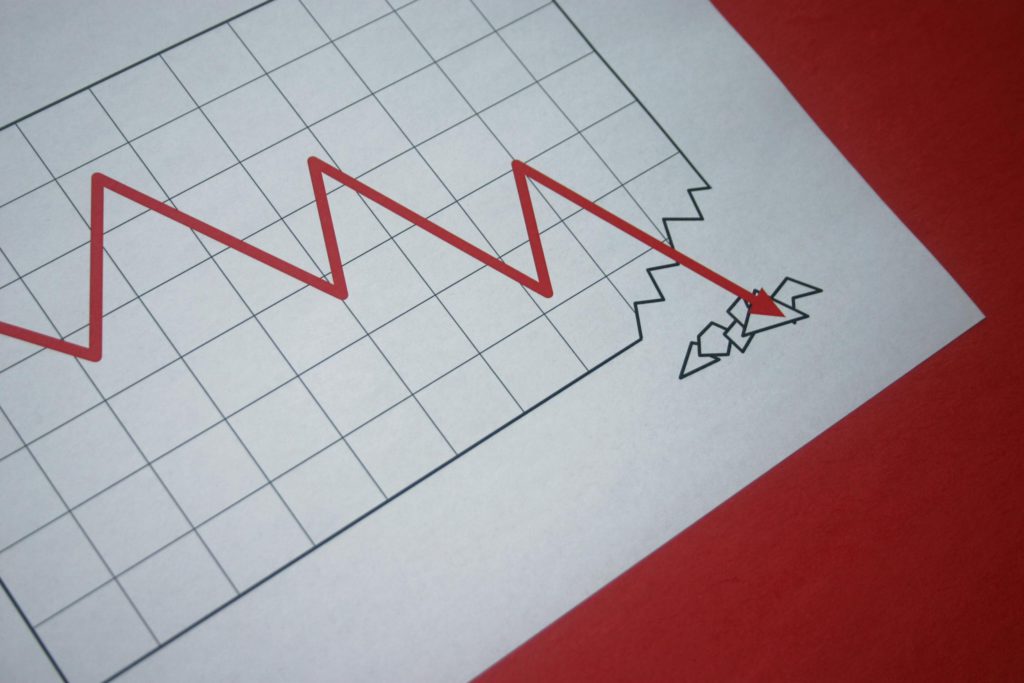Diesel set to lose its dominance in Western Europe
04 April 2017

4 April 2017
The diesel share of new passenger cars registered in Western Europe peaked at 55.7% in 2011 but declined gradually to 53.1% in 2014 and in the wake of the emissions scandal, fell rapidly to 51.6% in 2015 and 49.5% in 2016, according to ACEA data. Apart from in 2009, when small petrol cars were incentivised by scrappage schemes, especially in Germany, diesel now commands less than half of the European market for the first time since 2005. Nevertheless, it remains the dominant fuel type in the region, with petrol having accounted for 45.8% of new registrations in 2016. But diesel is set to lose its dominant position and the diesel share is expected to fall to just 30% in 2020, according to a report published by JPMorgan Chase & Co. on Monday.
The report also highlighted that the push to develop new electric vehicles will hit OEMs’ profits. Analysts envisage a drop in carmakers’ profits of 5 per cent as they sell more hybrid and electric vehicles, which are less profitable, in an effort to meet EU emissions regulations, but also as they take a hit on weaker residual values for diesels coming off lease.
ACEA reports that electric vehicles (EV), comprising plug-in hybrids and battery electric vehicles, accounted for just 2.1% of new car registrations in Western Europe in 2016. However, their share is set to rise more rapidly as carmakers such as Volkswagen, Mercedes and BMW introduce a plethora of new EVs in order to meet increasingly stringent emissions regulations. In 2021, new EU standards call for brands to achieve an average target of 95g CO2/km.
The popularity of diesel in Europe has already been falling as a result of the emissions scandal and this is expected to continue with diesel driving bans planned in numerous cities across Europe and diesel car prices set to rise as OEMs introduce expensive selective catalytic reduction (SCR) technology to reduce emissions. Furthermore, the introduction of WLTP from September 2017 will expose the higher emissions of many cars than revealed by the current NEDC test and is likely to further deter consumers from buying cars with internal combustion engines (ICE). In the UK for example, HonestJohn.co.uk reports that: ′Analysis of 118,000 MPG fuel reports submitted by real world UK drivers found that, on average, a car uses 24 per cent more fuel than it should, while the gap between the laboratory figures and those obtained under real world driving conditions is at its widest point ever, with just one in 10 hitting the official MPG.’
The shift from ICE will also impact employment in the automotive industry. Thomas Schlick, an automotive consultant at Roland Berger, said: ′The longer-term implications for a drop in combustion-engine demand are significant for the industry as, by our calculations, about one-third of jobs in the auto industry are related to drive-train technology.’